I have written this article to discuss about PMP Exam Passing Score in detail. No one knows what the minimum passing score for the PMP exam is. PMI does not disclose it. No one even knows if there is a definite score to pass the certification exam. I have devised a strategy to attain the credential without really knowing the PMP exam passing score or the success criteria. I have shared my proprietary strategy in this article so that you can crack the test in the first attempt.
In the part I of this article, we discussed 3 facts and some popular opinions about the PMP exam passing score. After reading the article, you would know that PMI has not provided any definite passing criteria. The final test score report contains grades for each 5 different domains but there is no explanation on how the grading is done.
Now, this is a grave problem. The credential test is very difficult and an unknown target makes it even more difficult. How can you prepare for a test, if you do not know the passing criteria? How would you know if you have prepared well and are ready for the final hurdle? A simple answer would be “do a lot of PMP practice tests and get a good score in these tests”.
Now, the obvious questions would be which are the good practice tests, where can you find them, and what is a good score? A good score could mean 60% or 75% or even 90%. Different people may have different opinions. But you need to be 100% sure to pass the exam.
Don’t Worry! Read on to find answer to these questions.
Note: You can also read my article on PMP exam passing rate.
Practice Tests And PMP Exam Passing Score
Let me share a small incident with you.
A few months ago, I was conducting a 4 day classroom training. On the last day, I invited an old colleague. I requested him to share his certification experience with the class. He shared many useful tips with the students. During his discourse, he touched upon the topic of PMP exam passing score. He categorically said that the students should target at least 80% in the PMP practice tests before taking the exam. Naturally, the students got curious about the 80% figure. We ended up having a lively & animated discussion on this topic.
While I do not entirely disagree with 80% figure (it is a very good guiding figure), but more than anything else it was just a gut feel. You will find people suggesting similar figures in different Internet forums. Certification is a serious affair, so we should not rely on our gut. We should derive a scientific figure using sound logical reasoning.
Let us determine our own PMP Exam passing score that can be used to improve your chances of success.
How Much Should You Score In PMP Exam Practice Tests?
Method I
Refer to the part I of this article. PMP exam passing score used to be 61% and before that it was 68.5%. These figures were published by PMI more than a decade ago. Although we cannot use either of these figures as our minimum target, but we can certainly use them as a starting point for our analysis. Let us analyze both of them.
- Last published figure of 61% – An aspirant was required to mark 61% questions correctly (excluding the 25 pilot questions) to succeed. If this were true today then, you would need a mark 106 out of 175 questions correctly. Assuming the worst case scenario, wherein all the pilot questions are correct, you would need 106+25 (131) correct questions out of 200 to get the credential. This is equivalent to 65.5% passing marks (131 out of 200 questions).
- Older figure of 68.5% – This percentage included 25 pilot questions. If this were true today then, you need to mark 137 out of 200 questions correctly. Or you would need a bare minimum percentage of 68.5% to succeed.
While determining our own PMP exam passing score, we cannot leave anything to chance. Since the certification is an expensive & difficult affair, we should be extra careful. Let us take the higher of the above two figures (68.5%) as our starting target score.
The exam has changed many times and competition has increased drastically in the last few years. So, to be on the safe side, let us add 5% to our target. It is possible that the actual test is more difficult than the PMP practice tests so to let us add another 5% to our initial target.
After taking a gloom & doom scenario, we have arrived at our own PMP exam passing score. You need to mark 78.5% (68.5%+5%+5%) questions correctly in the practice tests before considering yourself ready for the credential test. But before we go ahead, let me add little bit more spice to the previous statement.
You need to score 78.5% or more in all 5 domains in a 200 questions practice test, before you consider yourself ready for the exam.
Method I Caveat
Even though we have deduced 78.5% logically (after taking some safe & reasonable assumptions), it is still not a scientific figure. 78.5% should be used as a thumb rule and not as a definitive guideline.
Let me elaborate it a bit. All practice tests are not created equally – some are more difficult while others are very easy. You may not be able to score 78.5% or more in difficult practice tests. Let me give you an example.
I try to stay in touch with my students even after I have trained them. Many of them reciprocate and share their prep strategy with me. They tell me which practice tests they have done and how much they have scored in those tests. I do not have any hard statistical data, but generally my students get 85% or more in some of the PMP tests. On the other hand, most of them barely get 70% in Oliver Lehman’s tests. Now, this is a huge contrast.
You should use 78.5% as a thumb rule and not as a definitive guideline.
Don’t become overconfident if you score more than 78.5%. At the same time do not feel down, if you get less than 78.5%. It all depends on the difficulty level of the practice test that you are doing.
On this note let us take a look at a more scientific method.
Method II
78.5% is not a definitive figure but it is not a bad target. It is a good guiding figure. I will discuss more about its utility in the next section. Meanwhile let us use statistical data to arrive at a more scientific figure.
The best source of statistical data is PMI. Alas! PMI does not provide any statistics. So, we have to rely on some other sources. The next best sources are the companies offering PMP practice tests. Every year thousands of aspirants buy practice tests. The databases of companies selling these tests would contain authentic, reliable, and useful data. This data can tell us how much aspirants are scoring across different Knowledge Areas (KA) and Process Groups (PG). Now, these companies would not share the actual data or statistics with you or me. But if you buy their paid tests, you would get access to useful insights.
Refer to the above figure. It is a snapshot of a live report taken from Christopher Scorodo’s Simulator. It shows average KA percentages of the community. You would get access to many such reports, if you invest in their simulator or any other quality simulator. By looking at these reports you can identify your strengths & weaknesses. You can also gauge if you are scoring above the average population scores or not.
I would highly recommend that you invest in a good PMP practice test. You can read my article titled 13 Reasons to Invest In A Paid Practice Exam to understand the benefits of paid tests. If you decide to buy practice tests, then you must invest in
- an online testing service. An online testing service will help you in gauging your performance against the global population.
- a popular service that has been and is being used by a large number of people. A popular service will have statistically significant data.
- a service that provides both KA and PG performance reports. It will help you in determining your strengths and weaknesses.
While keeping the above parameters in mind, I wrote an article to review & compare top PMP exam simulators. You should read it to find the best practice test.
You should consistently score a little more than the average scores of popular online simulator tests in order to consider yourself ready.
Recommended PMP Exam Prep Strategy
We have looked at two methods to determine our own PMP exam passing score. Let us combine these methods and develop a PMP exam prep strategy. I believe, you should follow a two-step approach while preparing for the exam. You should start with the free tests and then go to the paid tests.
Step I – Start With Free Tests
You should start doing free tests as soon as you start studying. Try solving 500-1000 questions (depending upon your comfort level) from free sources. You can look at my article free PMP Sample Questions to get access to about 3500+ questions.
A good score in free tests would validate your study. Towards the end of your study, you should get 78.5% in the free tests. Even if you get a few percentage less in difficult tests (like Oliver Lehman), don’t get disheartened. But if you are consistently getting less than 78.5% in every test, then you should go back to your study table, revise your study material, and then do a few more free tests. Once you start feeling confident on the free tests, you should jump to the paid tests.
Step II – Practice Using A Paid Simulator Just Before The Exam
If you have done your studies well and you are getting a good score in the free tests then you are almost ready for the final hurdle. At this juncture, to feel completely confident & to get the final confirmation, you should invest in paid tests. As suggested earlier, you should invest in a good, popular, online testing service. You will be able to gauge your strengths & weaknesses when you practice from the paid tests. Once you start scoring well in the paid tests, you would be ready for the exam.
Click here to find the Best PMP Exam Simulator.
Did you find the analysis to determine our own PMP Exam passing score useful? Please leave a comment & share your opinion.
Over To You
Which practice tests did you find useful? What is your exam prep strategy? What was your target score before reading this article?
Please leave a comment below.
Disclosure: This article contains affiliate links - it means that, if you buy from any of these links, then I will receive a small commission that would help me in maintaining this blog for free. However, for you, there is no extra cost. I recommend only those products that I believe will definitely help the certification aspirants.

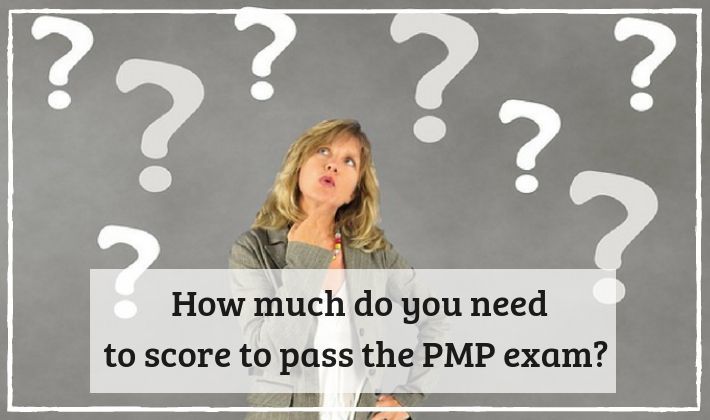
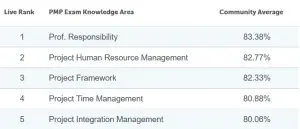

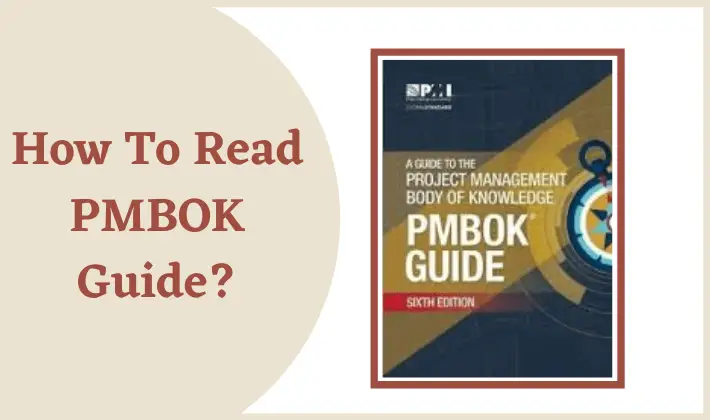
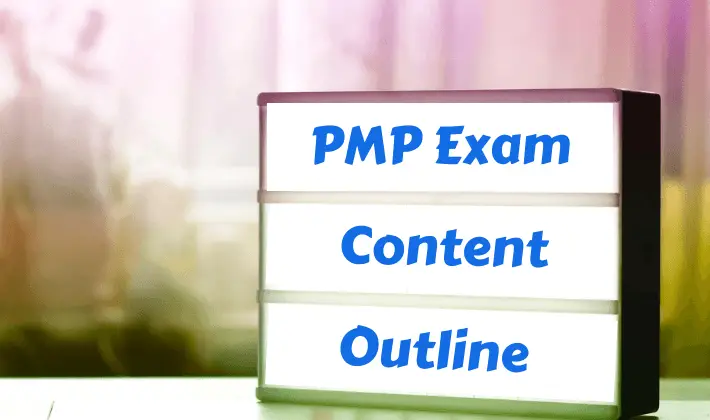
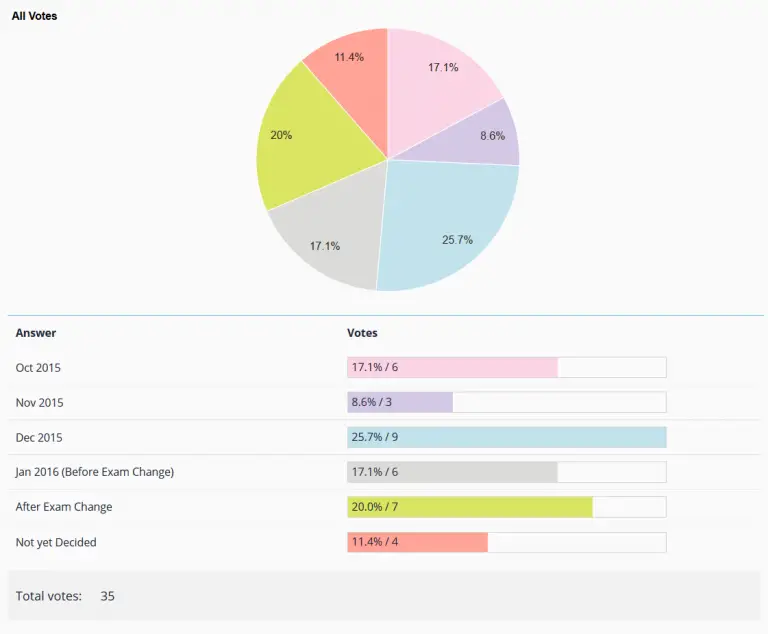


Excellent article for all PM’s aspire to become PMP ! Thanks Praveen for sharing your knowledge with PM community
Thanks.
Thanks for the tips!
Thanks.
Really, very informative and very helpful!!